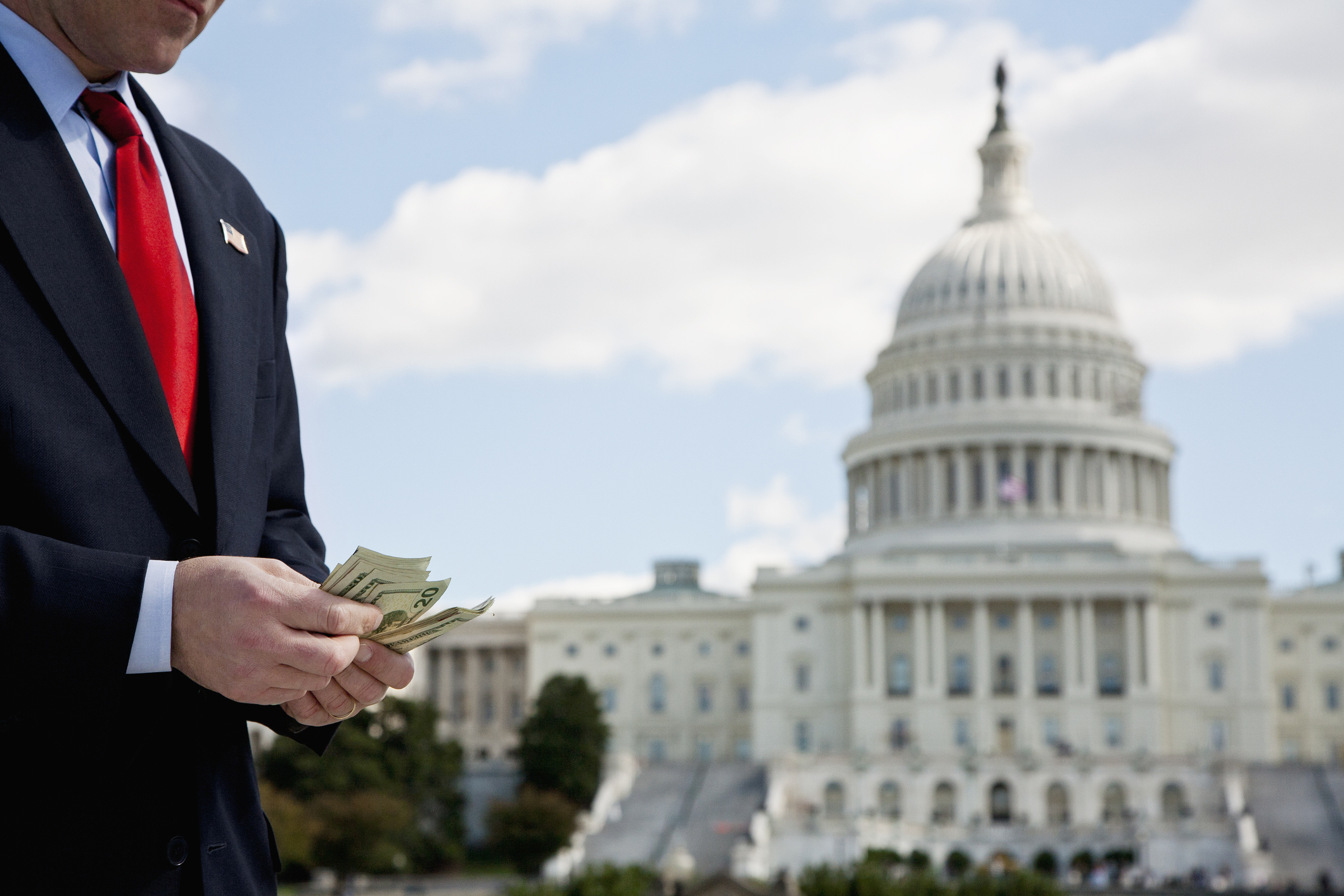American investors must win the race to align equity with their values.
Crony Baloney

Woke capitalism is neo-mercantilism.
With the recent irresponsible bank bailouts by the U.S. government and culture war over Bud Light, American capitalism seems to have gone off the rails. However, there’s a method to the madness. These shenanigans are symptoms of an underlying malady. It goes by various names—crony capitalism, ESG, woke capital—but its essence is simple: cool, calculating deals between elites to maximize wealth and power.
Standard economics provides the interpretive key. All we must do is take the toolkit economists use to analyze “private” choice, such as exchange in markets, and apply it to “public” choice, namely politics. Collective action is absolutely a forum for exchange. Representatives from Podunk and Decadentapolis logroll to get each other’s bills passed. Bureaucrats from the Department of Mission Creep and the Micromanagement Agency trade influence and favors to acquire larger budgets. It’s exchange all the way down. Crony-wokeism is no exception.
Here’s how it works: politicians and bureaucrats are net demanders of power and net suppliers of money. Corporations are net demanders of money and net suppliers of power. Each party gives up what it values least in exchange for what it values most. Both sides gain at the expense of middle-class American taxpayers.
Elected officials and department heads oversee other peoples’ money, but in the language of economics, they are not residual claimants. They can’t take home unspent funds. So they use their temporary use rights to channel ill-gotten gains to their boardroom friends. Of course, they expect something in return.
Political actors want to extend social control. They’re in the business of power. This is partly because politics attracts pathological personalities—remember Hayek’s explanation for why the “worst get on top.” But this is mainly due to a filtering effect: those who make politics a vocation must be capable of seizing the People’s sovereignty.
But often, politicians and bureaucrats can’t enforce all the complicated rules they’d like to. They’re too distant from the social systems they purport to govern. Nothing is costless, including governance. So they outsource it to parties that can more efficiently bear the costs of monitoring and enforcement. Enter the corporations, nominally private parties who have the advantage of not being bound by pesky constitutional constraints.
This arrangement is highly lucrative for crony corporations. They eagerly acquiesce to their deputization as de facto apparatchiks. And it’s great for crony politicos, too. They get to extend their tendrils into social spaces that were previously beyond their reach. All they have to give up is money that wasn’t theirs, and in return, their power as rule makers and influence peddlers grows.
Who shoulders the costs of this racket? The middle class, of course. The haute bourgeoisie pay out of their pocketbooks. The petit bourgeoisie pay out of the erosion of important cultural institutions and endless moralizing lectures by their self-appointed betters. Neither group can resist the machine. They aren’t well-organized, so they lack a seat at the table of politicized capitalism.
This is how it’s always been, dating back to the age of mercantilism and state-building. It’s the hardworking and quietly prosperous who pay for imperialist misadventures. Now, however, the occupied territory is the homeland. If only we had an Adam Smith to show the world that this emperor, as with all previous occupants of the throne, has no clothes.
Of course, debt also plays a significant role in the contemporary merry-go-round. Our current system is driven by leverage—who has the most, who has access to borrowing based on the thinnest slivers of capital, who benefits from interest rate and currency manipulations—and bears only the slightest resemblance to “capitalism” as our eighteenth-century forebears conceived of it.
It’s no secret why banks that underwrite fashionable progressive causes get easy access to the public trough. And while Budweiser may seem to have erred badly, all it did was moderately outpace the ongoing political-cultural ratchet. Executive personnel changes won’t put an end to this. It’s baked into the crony-deal system masquerading as free enterprise.
Our economic analysis reveals a hidden truth: wokeism is incidental to political-economic wheedling. Make no mistake, it’s a dangerous, illiberal, inhumane ideology. But it’s not in the driver’s seat. Think of it as a coordinating mechanism, the flag around which corporate and political cronies rally. It’s useful for organizing coalitions of looters and dominators, but absent the looting and dominating, it would lose all but its fringiest adherents.
So what is to be done? Trying to end cronyism through piecemeal reforms is a losing strategy. Nobody wins whack-a-mole, because new problems pop up twice as fast as old ones are solved. The only winning move is not to play. We need a sudden, thorough, and final separation of economy and state at the federal level. At minimum, that means shutting down any regulatory and administrative activity that Congress has not explicitly authorized. That will take care of the bureaucrats. As for the politicians, they prefer to operate informally. Force them to sign off on cronyism in the light of day, and suddenly they’ll acquire a conscience.
This is, of course, highly impractical. It’s also the one thing that would work. The crony system is resilient to everything except a hard reset. When the alternative is driving off a cliff, the only act of prudence left is slamming the breaks.
The American Mind presents a range of perspectives. Views are writers’ own and do not necessarily represent those of The Claremont Institute.
The American Mind is a publication of the Claremont Institute, a non-profit 501(c)(3) organization, dedicated to restoring the principles of the American Founding to their rightful, preeminent authority in our national life. Interested in supporting our work? Gifts to the Claremont Institute are tax-deductible.
How the president helped launch a thousand ships toward Florida.
South Africa's radical decolonization efforts are an abject disaster.
The RICO case against Trump demonstrates the radical Left’s commitment to ending free speech.
Merrick Garland’s placidity disguises evil within.
Efforts to sow confusion and chaos in our election systems must be confronted.






